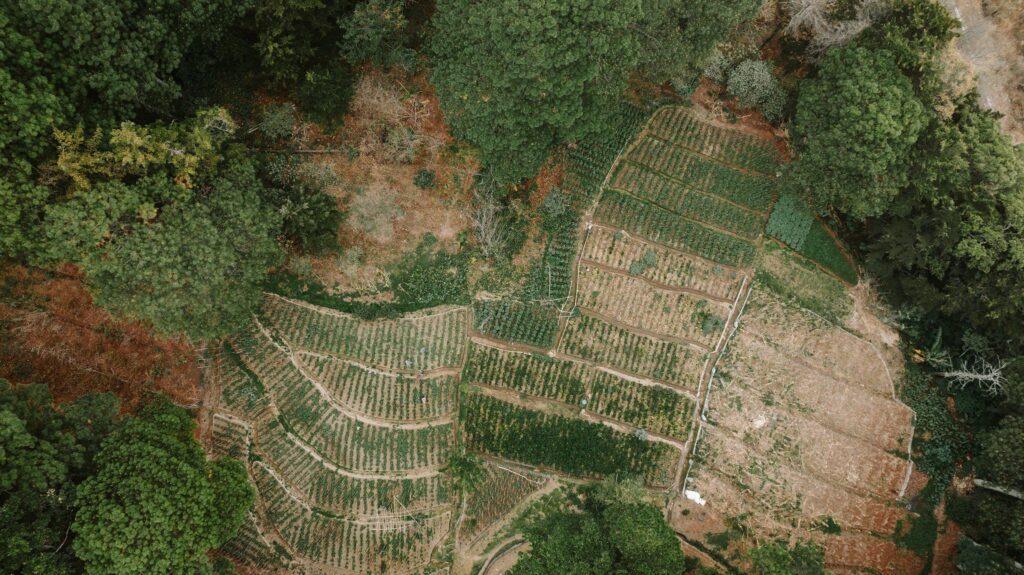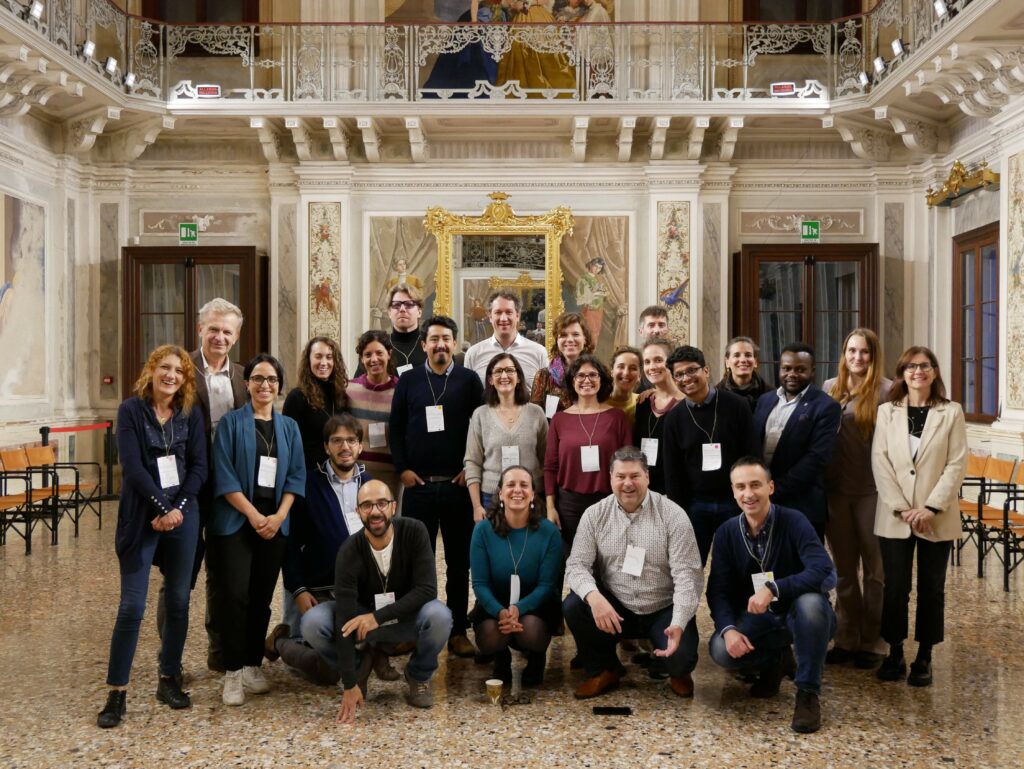The European project EMMA4EU fosters the creation of an alliance to train professionals in deforestation-free supply chains

Between 1990 and 2020, our planet lost an estimated 420 million hectares of forest. From 2015 to 2020 the annual deforestation rate reached 10 million hectares. This critical challenge, primarily fueled by the expansion of agricultural land for the production of forest-risk commodities (FRC), stands as a significant contributor to both climate change and biodiversity loss in tropical countries. On this backdrop, the EMMA4EU project emerged right on time as a frontrunning European initiative committed to addressing the issue of embedded deforestation.
The hidden culprits of deforestation and the European role
In everyday life, every person consumes several forest-risk commodities. Among these are cattle, wood, palm oil, soy, cocoa, coffee, and rubber, significant drivers of deforestation in tropical regions. Notably, the European Union ranks as the second-largest importer of commodity-driven deforestation, responsible for 16% of global embedded deforestation.
Although there have been worldwide initiatives to tackle this problem, we are still confronted with significant challenges. These include the identification of risks related to product traceability and supplier information through supply chain mapping, the need to enhance due diligence and risk assessment, the monitoring of land-use changes, and the connection of specific commodity-production systems. Transparency issues, limited practical effectiveness, and terminology complexity can hinder progress. Furthermore, existing regulatory mechanisms are often fragmented and ineffective. In response to these challenges, the European Commission introduced the Deforestation-free Products Regulation (EUDR) to prohibit the import and export of FRC produced on deforested or degraded land after 2020.
EMMA4EU’s primary goal: building a “deforestation-free” training network
Currently, national education and training curricula do not adequately cover deforestation-related topics. It was precisely from the need to fill this educational gap that the EMMA4EU project, co-financed by the European Commission’s Erasmus+ program, was designed. The project alliance brings together higher education institutions, vocational training organizations, businesses, public entities, and NGOs. Within the primary goal, the alliance also aims to develop innovative training solutions, equipping new professionals with compliance, corporate social responsibility and digital multidisciplinary skills creating new professions that can respond to the previously mentioned challenges: Deforestation-Free Supply Chain Managers. These professionals will be pivotal in facilitating the transition to more sustainable supply chains for forest-risk commodities and ensuring compliance with the Deforestation-Free Products Regulation.
Our journey and upcoming milestones
EMMA4EU started its journey in June 2023. The project partners, including Etifor, Università degli Studi di Padova, Wageningen University & Research, Preferred by Nature, Albert-Ludwigs-Universität Freiburg, Open Forests, Copenhagen Business School, AidEnvironment, Makerere University, and Fòrema, convened for a kick-off online event in July.
On November 2nd and 3rd, EMMA4EU partners from Denmark, Germany, Netherlands, and Uganda finally met in person. The gathering occurred in Italy at the historic Villa Bolasco, an architectural gem dating back to the 1850s and owned by the University of Padova, one of the project’s key partners.

The two days have been a significant opportunity to share perspectives and define the next steps of the project. On the first day, partners got to know each other through participatory activities and discussed the skills to be developed by the future DFSC managers.
The next day we discussed the role of specific certifications in helping companies align to the new EUDR and the challenges and difficulties that producers will face. There are advantages but also critical points, such as the difficulties of small producers in aligning to the new requirements and related costs. Four experts from certification bodies (Fairtrade, Forest Stewardship Council Italy, Italian Union on Sustainable Palm Oil, Roundtable on Sustainable Palm Oil) debated on how crucial it is to implement the Regulation to improve the sustainability of supply chains while supporting those in need. Sustainability certifications have already implemented some aspects of the EUDR. During the project, it will be interesting to continue the debate to facilitate the application of the Regulation and its integration.

